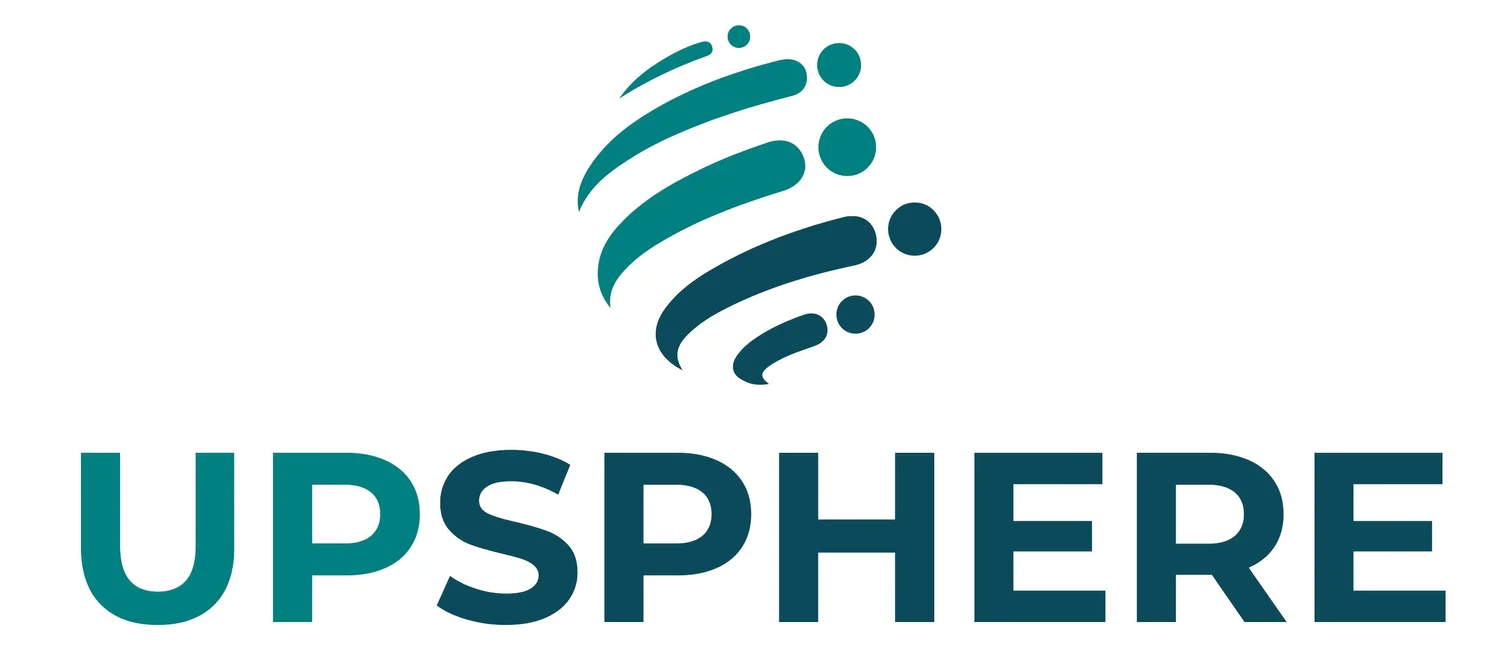UpSphere Blog
We Don’t Just Talk HR. We Help to Shape the Future of Work.
Read our latest insights on human-centred AI, change management, and building resilient, high-performing workforces.

Model Change from the Top: Why AI Adoption Starts with Leadership
AI adoption is not just about technology—it's about leadership. In this post, we explore why executive involvement is crucial for driving AI transformation. Discover how leaders can model AI adoption, foster innovation, and create a culture of AI readiness that empowers teams and ensures sustainable success in a rapidly evolving business landscape.

Empowered by Culture, Accelerated by AI: The Future-Proof Workplace
As artificial intelligence (AI) continues to redefine what’s possible in business, one factor consistently determines whether companies realize its potential: organizational culture.
Across industries, leaders are eager to harness AI to streamline operations, gain insights, and accelerate decision-making. Yet according to recent global studies from McKinsey, Gallup, and IBM, most organizations are still falling short of meaningful, sustained adoption—not because the technology isn’t capable, but because their culture isn’t equipped to support it.

Why Adaptive Leadership Is the Skill Every Leader Needs Now
In a world defined by rapid change, complexity, and ambiguity, traditional leadership approaches are no longer enough.
Leaders today face challenges that don’t come with easy answers—challenges that require us to stretch beyond what we already know, rethink how we engage our teams, and navigate uncertainty with empathy and resilience.
This is where adaptive leadership becomes not just relevant, but essential.

Leadership Development in a Fast-Paced World: Why Leadership Resilience is Essential in Today’s Evolving Business Landscape
In today’s rapidly evolving business environment, leadership resilience has become a critical skill for organizational success. The fast-paced nature of global markets, technological advancements, and unpredictable disruptions demand that leaders not only adapt but thrive in the face of adversity. Companies that prioritize leadership development with a strong focus on resilience are better equipped to navigate challenges and drive sustainable growth.

The Executive’s Guide to HR Strategy Alignment
For small to medium-sized businesses (SMBs), the ability to align HR strategy with the broader business strategy is essential for growth and competitiveness. When HR practices, policies, and initiatives are aligned with business objectives, companies can achieve better talent management, improve employee engagement, increase productivity, and ultimately reach their strategic goals more effectively.
This guide provides a structured framework to help executives align HR strategies with business goals, ensuring that HR becomes a strategic partner in driving organizational success.
